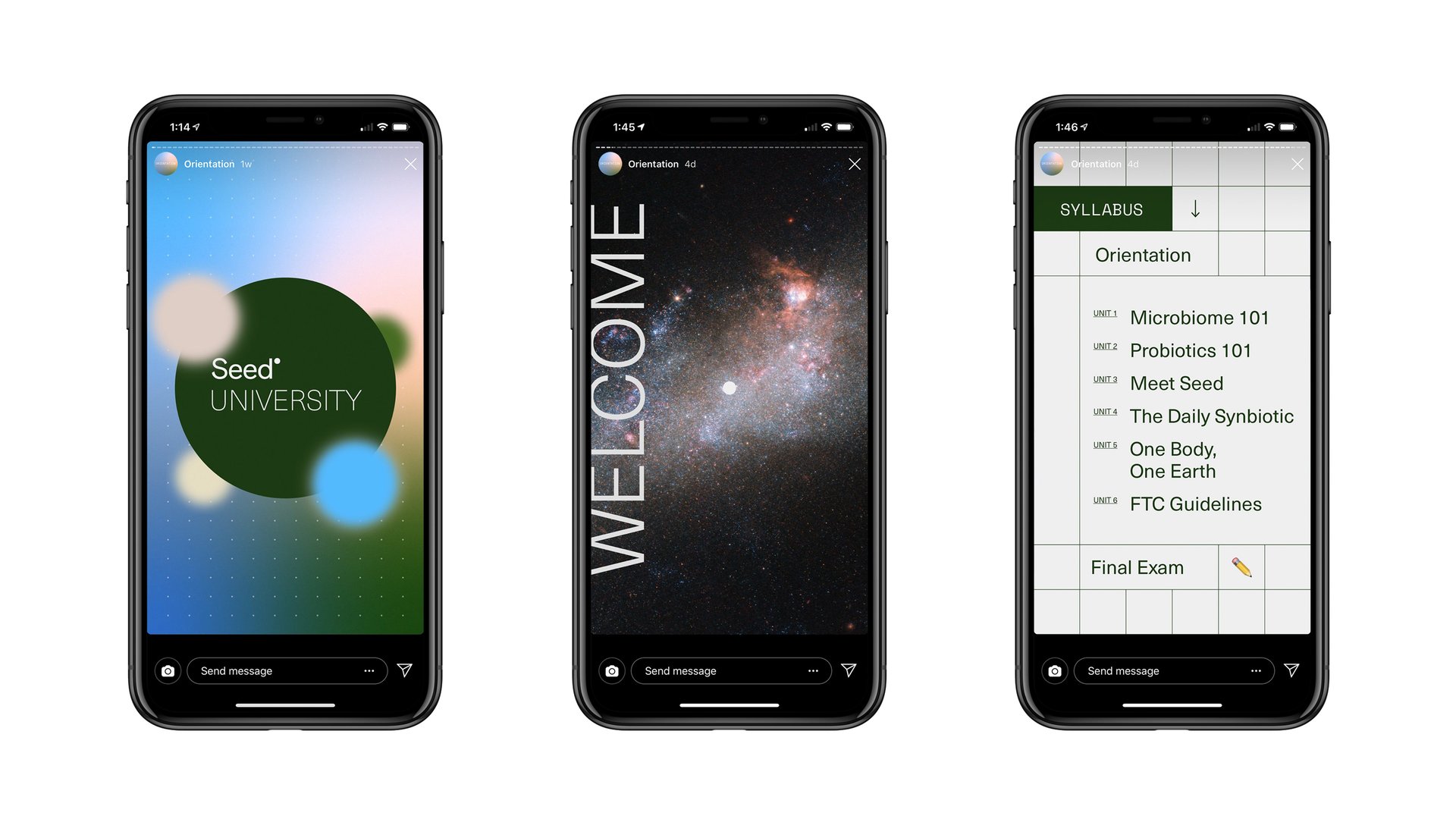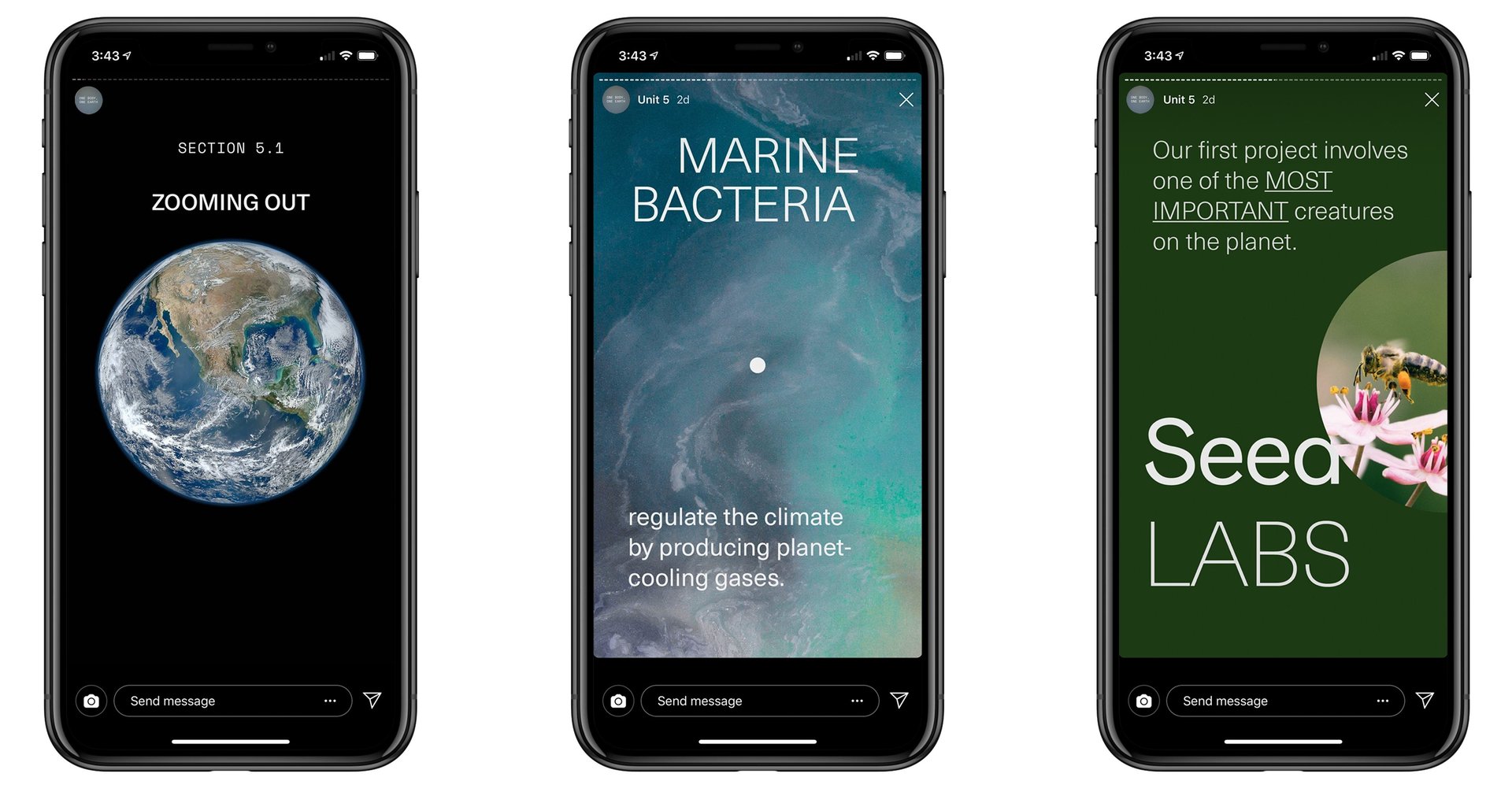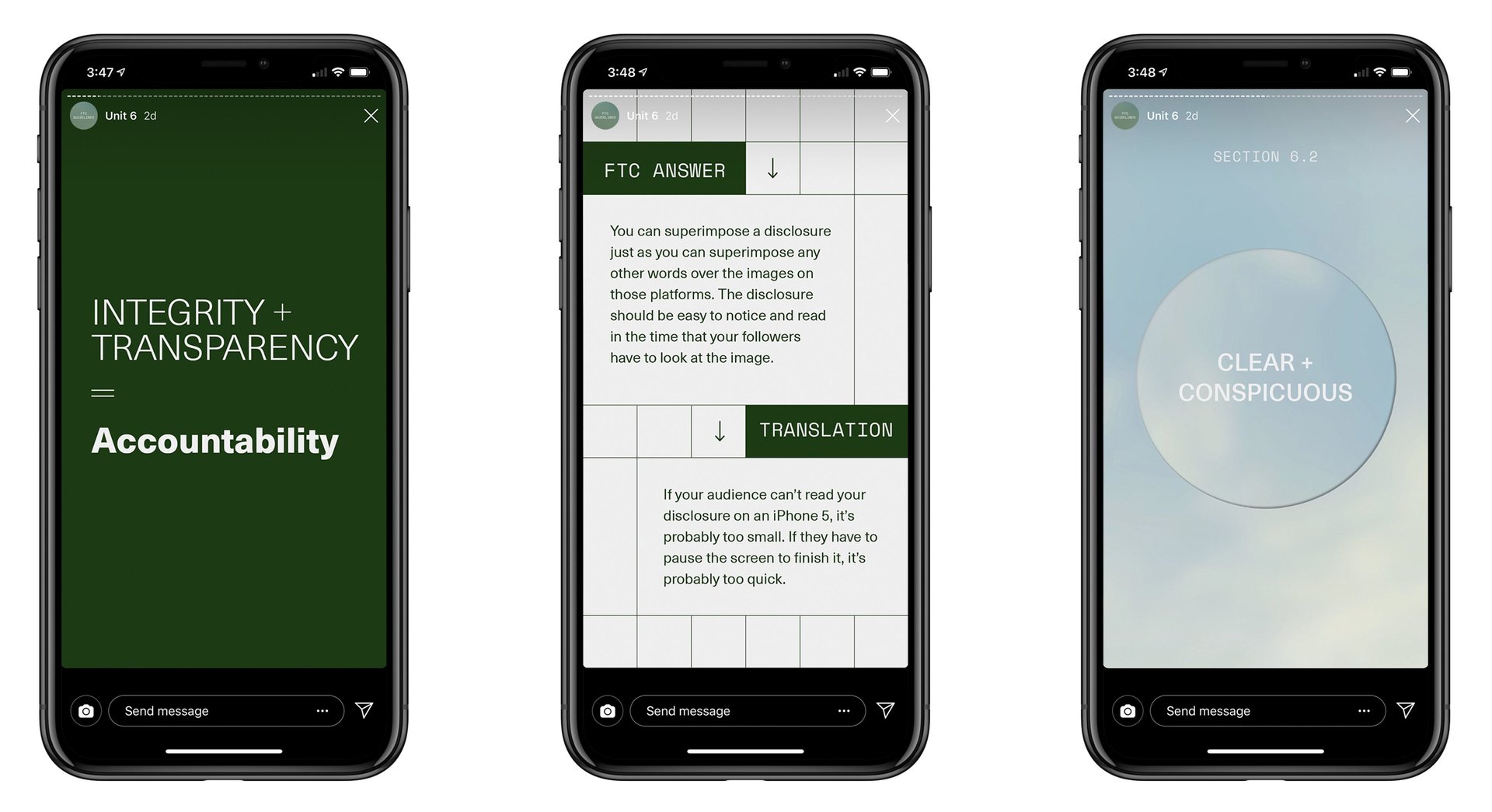A new “university” for Instagram influencers aims to stop the spread of misinformation
It was Kim Kardashian’s morning sickness that triggered alarm bells. In 2015, the US Food and Drug Administration chided a Canadian pharma company who paid the reality TV star to shill an anti-nausea pill to her 74 million Instagram and Twitter followers without citing the risks of the prescription drug. Kardashian eventually deleted the post, but not before reaching 434,000 people who liked the photo.


It was Kim Kardashian’s morning sickness that triggered alarm bells. In 2015, the US Food and Drug Administration chided a Canadian pharma company who paid the reality TV star to shill an anti-nausea pill to her 74 million Instagram and Twitter followers without citing the risks of the prescription drug. Kardashian eventually deleted the post, but not before reaching 434,000 people who liked the photo.
The Kardashian kerfuffle is perhaps the most well-known example of how Instagram—a platform with over 1 billion subscribers—has become a prominent platform for questionable health marketing. Several wellness fads, from celery juice to bogus diets, and dangerous misinformation trends, like anti-vaccination hoaxes. have prospered on the photo-sharing social network.
Instagram recognizes the problem. Earlier this year, the Facebook-owned platform began hiding questionable hashtags about vaccines and eating disorders and vowed to comb its platform for health information challenged by official agencies and the World Health Organization. Karina Newton, Instagram’s global head of public policy, admitted that “it’s going to take some time,” as the Verge reported.
As the US government races to rein in these endorsements, health start-up Seed has another proactive strategy: brands educating influencers. The one-year-old California-based company, known for beautifully designed mail-order probiotic supplements, last month started requiring its promoters—or”affiliates”—to pass an exam before endorsing its products.
Seed co-founder Ara Katz says the course is an attempt to foster “accountable influence” on social media. “Misinformation, compounded by confirmation bias, despite the best intentions, is fueled by algorithms optimized for taps and clicks—not truth,” Katz wrote on a June 27 Medium post.


Instagram school: Learning through taps
Through a free, hour-long course called Seed University, influencers are schooled on the science of microbiomes and probiotics, as well as the FTC’s guidelines on responsible product endorsement. The curricula—billed as a “tappable biology course”—was developed by a team of science communication experts, physicians, and scientists, including Dr. Gregor Reid, a renowned probiotics researcher who has chaired a UN/World Health Organization panel on the topic.
An experiment in communicating in the age of limited attention spans, Seed University uses the tropes of Instagram to deliver engaging science lessons. There are links, gifs, polls, emoji, videos, embedded tunes, and bold graphics—in six units and 587 Instagram story slides. Katz says the company spent hours copywriting, designing, producing, and peer-reviewing the course to make sure that it hit the right balance of credibility and fun.
“If you can take the palette, the tools, the aesthetic, and the language to build huge brands, why can’t we take the same medium to impact the way people learn things?” Katz posits.
Claire Fountain, a yoga teacher with 182,000 Instagram followers who has endorsed Seed, tells Quartz that she found the course well designed and highly engaging. “I was already impressed with the quality of the [Seed] product and the brand’s continued integrity and transparency—plus the branding is dope aesthetically, let’s be honest.”
In addition to earning a commission on every sale resulting from their social media posts, influencers who complete the Seed University program have access to scientists and experts to pose questions, and to future Seed courses, networking opportunities, and of course, limited edition Seed University swag. The company says its inaugural class included actress Sophia Bush, model Karlie Kloss, and BeautyCon founder Moj Mahdara.
Learning before linking
The US Federal Trade Commission’s “truth in advertising” mandate prohibits unfair or deceptive marketing in any medium. The agency has been particularly attentive to health and wellness claims on social media and requires all sponsored posts be clearly tagged and disclose the terms of endorsements (pdf.)
But unlike advertising on traditional channels like radio or TV, policing selfies and personal testimonials from the growing corps of influencers across myriad social platforms poses an enormous burden. The character limit on social media posts too also makes the lengthy disclosures or explanations harder to enforce.
At the same time, social media channels are increasingly shaping the services and products we buy. A recent Sprout Social study suggests that over three-quarters of American consumers today consult social media to guide purchasing decisions, with influencer marketing surpassing print advertising and traditional celebrity endorsements, according to the Digital Marketing Institute.
“Science has a real communication problem. Most people feel it’s too cold, too clinical, too complex,” observes Katz, who is an alumna of the MIT Media Lab’s Center for Future Storytelling. “This is why marketing messages, particularly around health and wellness, are more palatable when they feel intuitive and make claims. Unfortunately they’re usually in conflict where the science is.”
Education certification programs like Seed University, which encourage “learning before linking” are one attempt to give the $10 billion influencer marketing industry the credibility and ethical standards it desperately needs.